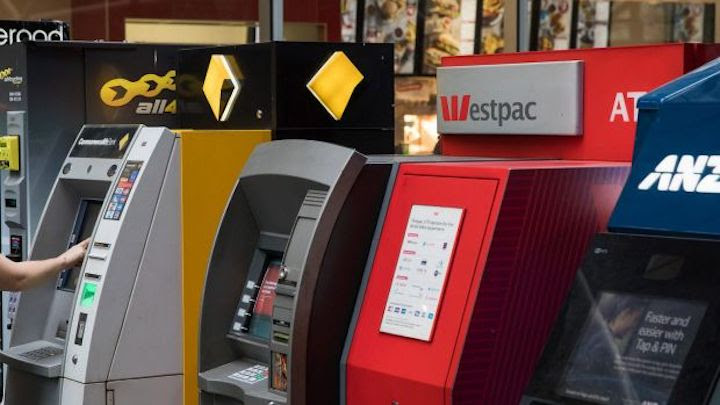
Shopping centers, eateries and other retail outlets are getting rid of their ATMs in a move toward a cashless Australia. Retailers who were “cash only” will have to change their format. Retailers stand to gain a lot of information about their customers if payment forms are completely digital. They can track “big data” and identify consumer’s needs and wants in real time. The recent decision by the banks to eradicate ATM fees appears to be a public relations stunt as the use of ATMs gradually declines – most notably in retail precincts.
Colliers International research has found that ATM withdrawals have been steadily on the decline for nearly a decade, falling by 28 per cent in both the number of ATM withdrawals and total amount withdrawn, from January 2009 to July 2017.
In a CommBank Retail Therapy Study, 75 per cent of respondents said they use credit/debit cards as their primary payment method when shopping/dining in stores and 50 per cent said they will avoid a business if they have to queue for payment.
The value of ATMs has been declining, and consequently the rental fees have only increased incrementally. “Many banks and other independent ATM providers are choosing not to renew their leases within shopping centres and other retail precincts or using the move towards becoming cashless as a bargaining chip when renewing,” said Cameron Wakeham, the manager of retail leasing at Colliers International
Mr. Wakeham said, for retailers, it means that over the next few years they will all need to start taking their money digitally. “EFTPOS has always been an alternative option to cash – this service is on offer almost anywhere you go. But as we become more cashless, retailers will need to upgrade their technology to accept alternative payments, including payWave, Apple Pay and even bitcoins – cash only just won’t cut it anymore,” Mr. Wakeham said. “There will be sacrifices to be made and costs incurred with going cashless; retailers must also be prepared to be totally transparent with their earnings [something that] can be avoided when accepting cash.”
But the positives, particularly for food retailers, are the hygiene aspect, as there will be no more handling dirty money. There is also less room for human error, and from a security standpoint, it presents a safer option than holding large amounts of cash on the premises. Matt Hudson, national director and head of retail leasing at Cushman & Wakefield, said being cashless has opened the option for the additional omni-channel customer platforms for brands to utilise, ensuring robust resilience to online marketplaces.
“New market entrants with merchant facilities like Google Square will increase their presence and the new cashless way of life will allow the building of loyalty programs through third party awards.”
A cashless society will make it very easy for governments to freeze assets of anyone outside the law. The coming no-buy, no sell laws that will be applied to those who refuse to worship according to the laws of the new world order religion will certainly make God’s true people suffer isolation from their usual way of living their lives.
“And he causeth all, both small and great, rich and poor, free and bond, to receive a mark in their right hand, or in their foreheads: And that no man might buy or sell, save he that had the mark, or the name of the beast, or the number of his name.” Revelation 13:16, 17.
Source References
